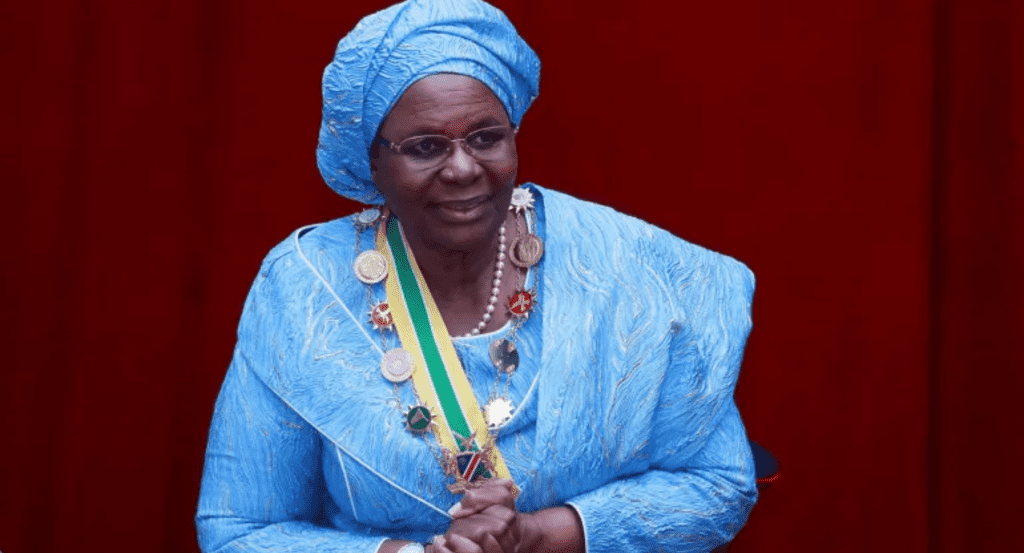Historic Leadership Transition in Namibia
Netumbo Nandi-Ndaitwah has made history as Namibia’s first female president. The 72-year-old was sworn in at State House in Windhoek on March 21, 2025, following a landslide election victory that extended the South West Africa People’s Organisation’s (SWAPO) more than 30-year grip on power.
Due to heavy rains, officials relocated the ceremony to a smaller venue. Despite this, several high-profile leaders, including Tanzanian President Samia Suluhu Hassan and South Africa’s Cyril Ramaphosa, attended the inauguration.
A veteran politician, Ms. Nandi-Ndaitwah has held key government positions, including deputy prime minister and minister of international relations. Now, she faces the daunting task of tackling unemployment, which stands at 37%, and ensuring that Namibia’s economic boom benefits all citizens.
DON’T MISS THIS: Côte d’Ivoire’s Economic Boom Faces Political Test in 2025 Election
Economic Challenges and Promises
In her inaugural address, Ms. Nandi-Ndaitwah emphasized the urgency of economic reform. She pledged to continue unfinished work in economic and social development, ensuring a balanced and inclusive prosperity.
To address Namibia’s economic struggles, her administration has outlined ambitious plans:
✅ Creating 500,000 jobs over the next five years.
✅ Investing 85 billion Namibian dollars (S$6.24 billion) in agriculture, manufacturing, infrastructure, and renewable energy.
✅ Encouraging greater private-sector participation in national projects.
As the world’s third-largest uranium supplier, Namibia is also on the verge of becoming a major oil and gas producer. Recent offshore discoveries by TotalEnergies SE and Shell Plc in the Orange Basin could push commercial production as early as 2029. The country is also working to position itself as a global leader in green hydrogen, attracting investors from Europe and Asia.
A New Era for Namibia
“We pledge to diversify our economy so that our people can fully benefit from our natural resources,” President Nandi-Ndaitwah stated. She emphasized that economic diversification would increase revenue, expand social safety nets, and create jobs for Namibia’s unemployed population.
Her presidency follows the leadership of Nangolo Mbumba, who took power last year after former President Hage Geingob’s unexpected passing. Additionally, Namibia recently mourned the loss of its first president, Sam Nujoma, who led the country to independence in 1990 and passed away in February 2025 at the age of 95.
As Namibia enters this new political and economic era, all eyes are on President Nandi-Ndaitwah. Will she deliver on her promises and transform the country’s economy? The next few years will be crucial in shaping Namibia’s future.























